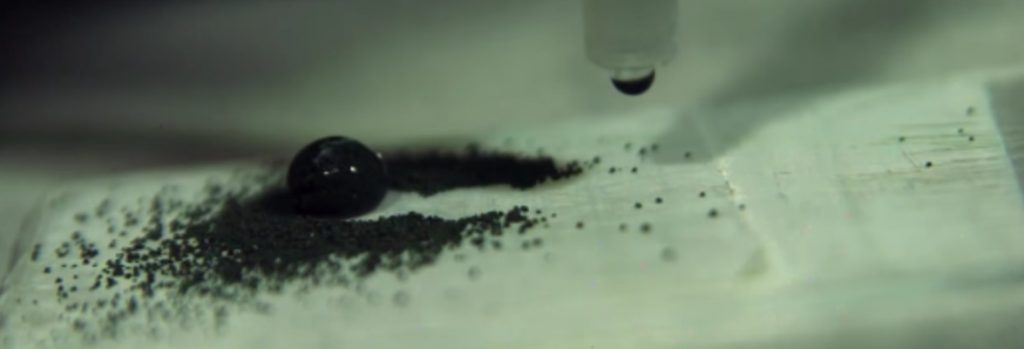 Visit the Royal Society’s Summer Science Exhibition to learn how smart surfaces are being used to prevent infection and avoid the need for antibiotics in clinical settings in an exhibition curated by UCL researchers.
Visit the Royal Society’s Summer Science Exhibition to learn how smart surfaces are being used to prevent infection and avoid the need for antibiotics in clinical settings in an exhibition curated by UCL researchers.
Have you ever considered what life would be like without antibiotics? With more bacteria becoming resistant to several drugs, even simple and currently easily treatable infections may soon be untreatable, even fatal, because they are resistant to antibiotics. This prospect is called the ‘antibiotic apocalypse’. Preventing infection happening in the first place, particularly in hospitals, is the best way to avoid this.
One way infections are transmitted in hospitals is by people touching surfaces – people touch contaminated surfaces in hospitals and then interact with each other, passing on bacteria. These ‘hospital-acquired’ infections are on the rise, so we need new strategies to beat them.
At University College London, researchers are developing *smart surfaces*, surfaces made of materials that prevent infections being transmitted in hospitals via touching. They are creating antimicrobial and self-cleaning surfaces – light-active materials that kill bacteria, and surfaces that self-clean by repelling water (they are hydrophobic). As well as preventing infection, bacteria are unlikely to become resistant to our innovative smart surface technologies, reducing the chances of further antimicrobial resistance.
The team’s *super-hydrophobic* self-cleaning materials can be used in many environments to keep surfaces clean, such as mobile phones, tablets, door handles, or even handrails on a bus or train. In addition the antimicrobial surface technology can be applied to many types of medical device, such as catheters, where repeated infections are currently difficult to treat because they are often caused by multi-drug resistant bacteria.
Learn more about the team’s exhibit on their event page.
